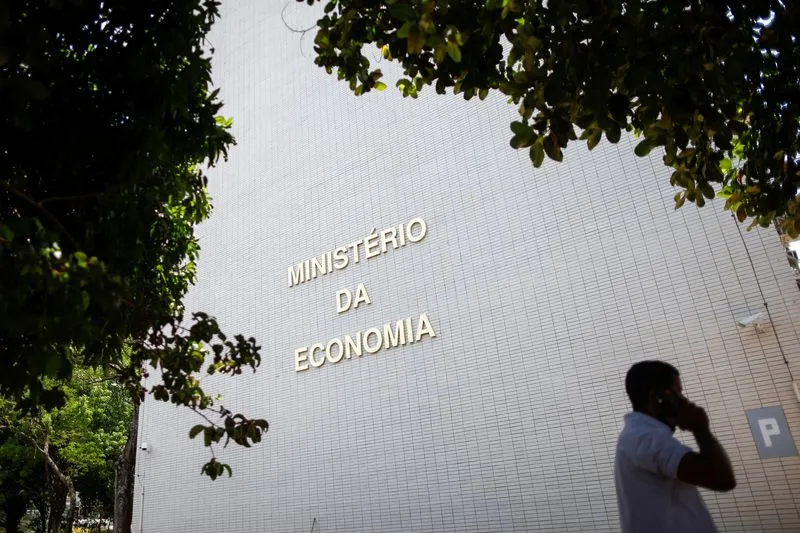In May, Brazil’s federal revenue experienced an 11% year-over-year increase, adjusted for inflation, up from April’s 8.3% rise, as reported by BTG bank.
The Treasury encountered delays in tax payments from companies in Rio Grande do Sul.
BTG forecasts a significant May deficit of R$58.1 billion ($10.92 billion). This amount far exceeds Prisma Fiscal’s prediction of R$38.5 billion ($7.24 billion).
It includes R$6.7 billion ($1.26 billion) in special credits for Rio Grande do Sul and R$9.4 billion ($1.77 billion) for parliamentary amendments.
Rising social security costs also contribute to the deficit. BTG’s revised social security expenses now total R$915 billion ($171.99 billion).
This surpasses the government’s R$897.2 billion ($168.69 billion) estimate. Strong Individual Income Tax collections drove this increase.
May’s federal revenue reached R$203.8 billion ($38.31 billion). A notable 45% growth in this tax segment was fueled by taxing offshore fund stocks.


Despite these gains, BTG projects a 2024 deficit at 0.6% of GDP, about R$67 billion ($12.59 billion).
For 2025, the outlook worsens, predicting a 0.7% GDP deficit, roughly R$89 billion ($16.74 billion).
April’s floods in Rio Grande do Sul led to R$1.6 billion ($0.30 billion) in deferred federal tax payments. This deferral adds complexity to the national financial scene.
The Brazilian government aims to eliminate the public accounts deficit.
Nevertheless, the Treasury admits that excluding Rio Grande do Sul’s issues, fiscal outcomes might have been closer to initial expectations.
This scenario highlights the fragile balance between rising revenues and widening deficits.
The government’s efforts to sustain fiscal stability face many challenges. Therefore, the Treasury remains cautious about future projections.
